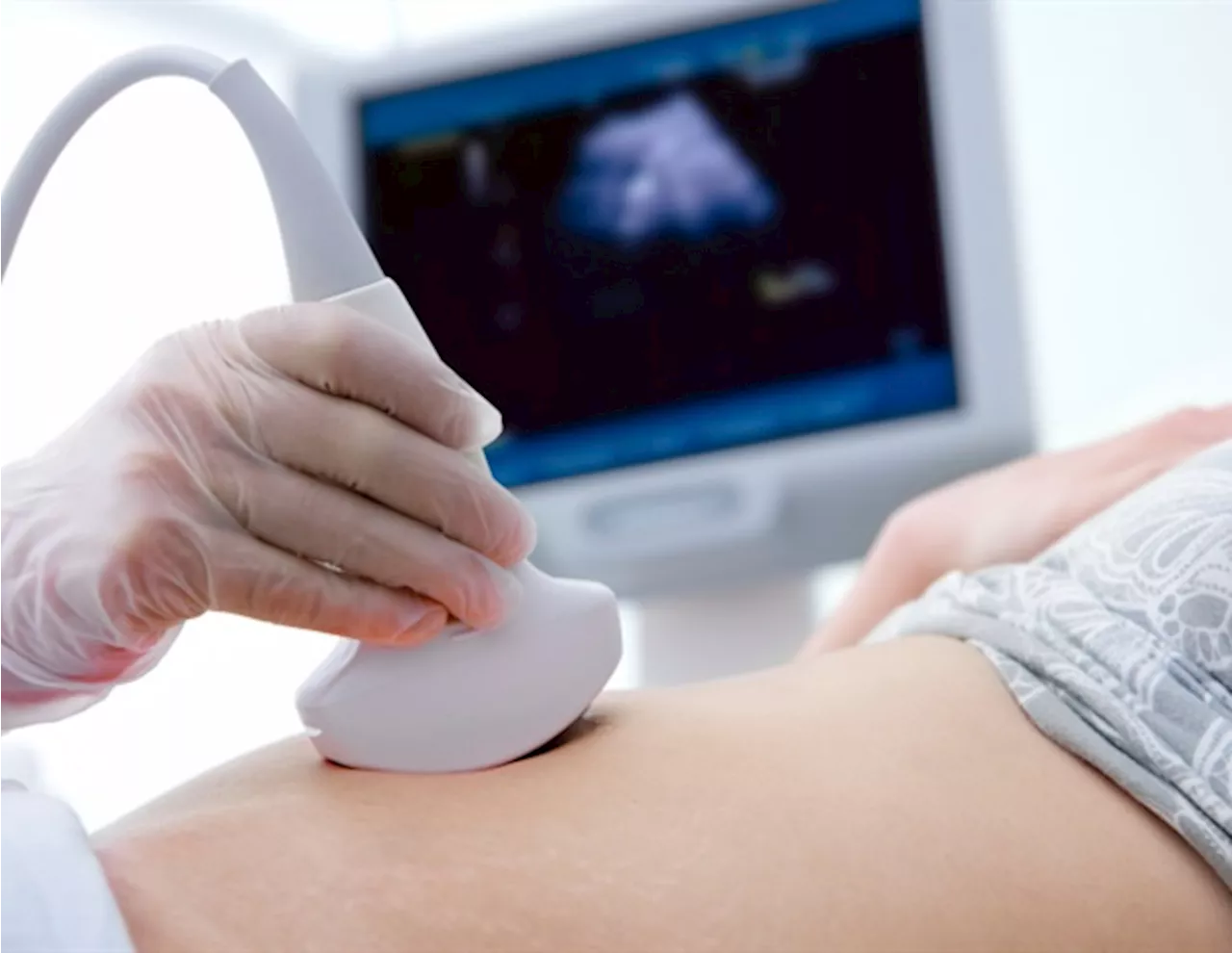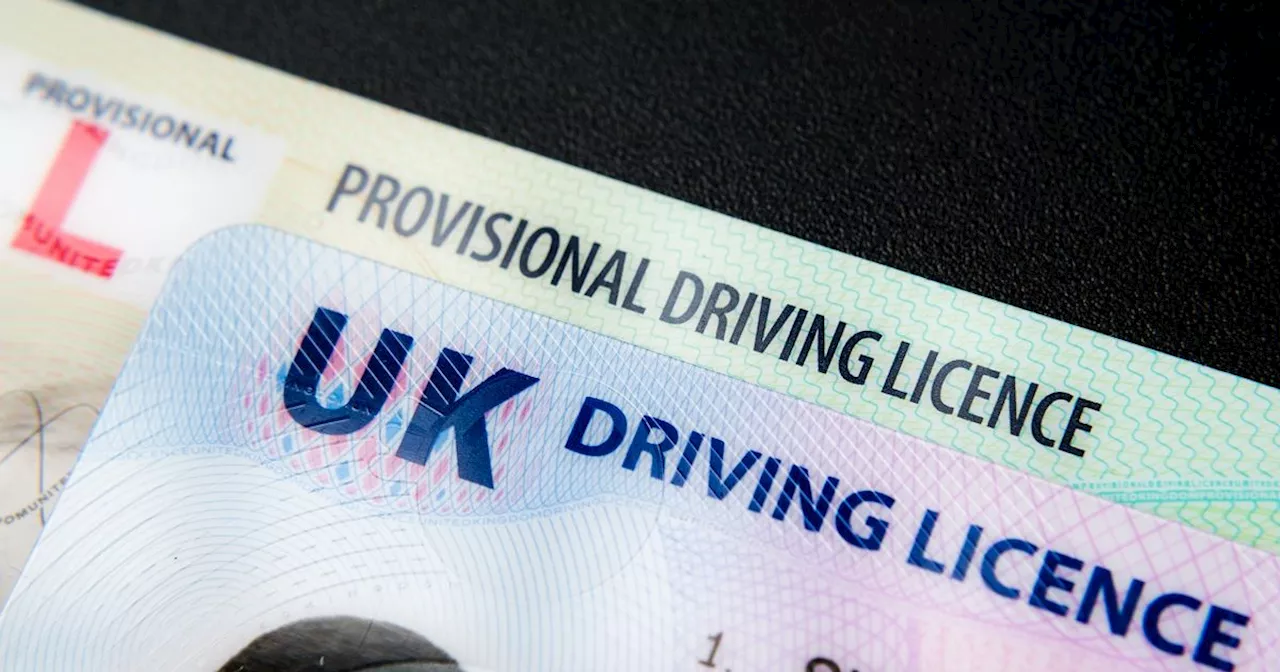The DVLA has revealed a correlation between age and driving license revocations due to failing eyesight standards. Drivers aged 81-90 had the highest revocation rate.
DVLA records show that certain age groups are more likely to have their driving license s revoked. Drivers born between 1934 and 1943, aged 81 to 90, had the highest revocation rate at 10.2 percent due to failing eyesight standards, according to Birmingham Live. Dr. Carol Hawley from Warwick Medical School stated, 'Fortunately, the majority of drivers passed the test, but 96 drivers needed eyesight-related advice from officers.
' She added, 'A third of all drivers stopped required corrective glasses or lenses for driving, but worryingly, 40 percent of drivers hadn't had their eyesight checked in over two years. Fifty drivers failed the roadside test, and alarmingly, 50 percent of those prescribed glasses for driving were not wearing them when stopped.' Some drivers avoided a ban by having their spectacles in the car and passing the test on a second try after putting them on. David Cartwright, chair of Eye Health UK and an optometrist, noted, 'Ninety percent of information needed for driving is visual. Even a minor reduction in vision can slow reaction times and impair your ability to recognize hazards or judge speed.' He also mentioned, 'It can also cause fatigue and affect contrast sensitivity – essential for adjusting to glare and driving in low light conditions. Having regular eye tests, every two years or sooner if you notice a change in your vision, is essential to keep you and other road users safe.' DVLA data reveals that 5.9 percent of over 90s were affected. One percent of under 25s had their license revoked due to eyesight issues, with 0.2 percent of those aged between 25 and 40 impacted. The figure rose to 1 percent for those aged between 41 and 60. This increased further to 1.8 percent for those aged between 61 and 70, and 2.3 percent for those aged between 71 and 80, as the data revealed ahead of Christmas
Driving License Eye Health Age-Related Vision Loss Road Safety DVLA
United Kingdom Latest News, United Kingdom Headlines
Similar News:You can also read news stories similar to this one that we have collected from other news sources.
 Family income found to be a stronger predictor of health-related problems for 17-year-oldsA new paper in the Journal of Public Health, published by Oxford University Press, finds that household income in early childhood is a stronger and more consistent predictor for several major health-related problems for 17-year-olds than growing up in a poor neighborhood.
Family income found to be a stronger predictor of health-related problems for 17-year-oldsA new paper in the Journal of Public Health, published by Oxford University Press, finds that household income in early childhood is a stronger and more consistent predictor for several major health-related problems for 17-year-olds than growing up in a poor neighborhood.
Read more »
 Elevated PGE2 levels drive age-related skin changes and cancer riskA new research paper was published in Aging (listed by MEDLINE/PubMed as 'Aging (Albany NY)' and 'Aging-US' by Web of Science) Volume 16, Issue 21 on November 18, 2024, entitled, 'Prostaglandin E2 regulates senescence and post-senescence neoplastic escape in primary human keratinocytes.
Elevated PGE2 levels drive age-related skin changes and cancer riskA new research paper was published in Aging (listed by MEDLINE/PubMed as 'Aging (Albany NY)' and 'Aging-US' by Web of Science) Volume 16, Issue 21 on November 18, 2024, entitled, 'Prostaglandin E2 regulates senescence and post-senescence neoplastic escape in primary human keratinocytes.
Read more »
 USC researchers awarded $3.4 million to combat age-related cognitive decline in womenA team of researchers at The Keck School of Medicine of USC have received a $3.4 million federal grant to advance research on an innovative approach to slowing age-related cognitive decline.
USC researchers awarded $3.4 million to combat age-related cognitive decline in womenA team of researchers at The Keck School of Medicine of USC have received a $3.4 million federal grant to advance research on an innovative approach to slowing age-related cognitive decline.
Read more »
 Neuronal Activity Linked to Mitochondrial Function: New Insights into Age-Related Cognitive DeclineResearch in mice reveals a novel mechanism connecting neuronal activity and mitochondrial function, offering potential for treating age-related cognitive decline.
Neuronal Activity Linked to Mitochondrial Function: New Insights into Age-Related Cognitive DeclineResearch in mice reveals a novel mechanism connecting neuronal activity and mitochondrial function, offering potential for treating age-related cognitive decline.
Read more »
 Love Triumphs Over Prejudice: A Couple's Journey Through Age-Related Scrutiny and AccusationsLauren and Hannah, a couple in their early 30s, face public scrutiny and accusations of pedophilia due to their age difference and Hannah's youthful appearance. Despite the backlash, they remain committed, expecting triplets through IVF and celebrating their upcoming parenthood.
Love Triumphs Over Prejudice: A Couple's Journey Through Age-Related Scrutiny and AccusationsLauren and Hannah, a couple in their early 30s, face public scrutiny and accusations of pedophilia due to their age difference and Hannah's youthful appearance. Despite the backlash, they remain committed, expecting triplets through IVF and celebrating their upcoming parenthood.
Read more »
 Nicotinamide and Pyridoxine: A Groundbreaking Combination to Combat Age-Related Muscle LossA recent study published in The Journal of Clinical Investigation found that a combination of nicotinamide (NAM) and pyridoxine (PN) can effectively support muscle stem cells (MuSCs) and reverse age-associated muscle decline. This natural therapy activates key signaling pathways crucial for MuSC proliferation and differentiation, enhancing muscle growth and repair.
Nicotinamide and Pyridoxine: A Groundbreaking Combination to Combat Age-Related Muscle LossA recent study published in The Journal of Clinical Investigation found that a combination of nicotinamide (NAM) and pyridoxine (PN) can effectively support muscle stem cells (MuSCs) and reverse age-associated muscle decline. This natural therapy activates key signaling pathways crucial for MuSC proliferation and differentiation, enhancing muscle growth and repair.
Read more »
